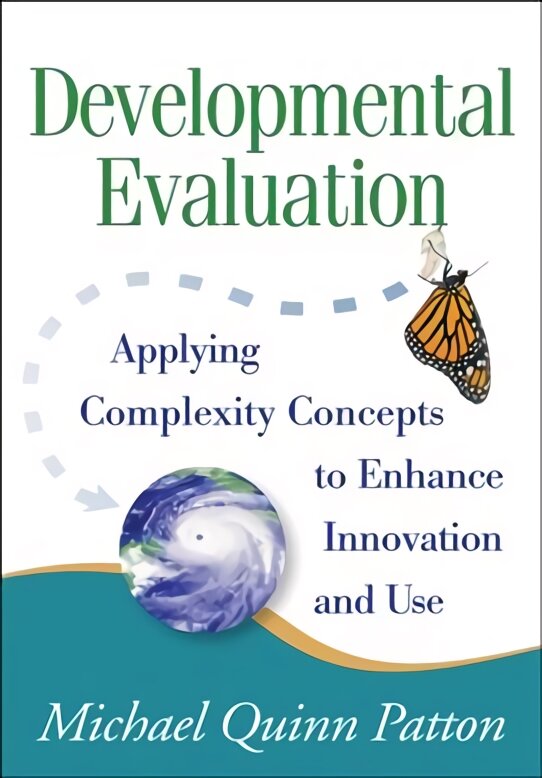Patton, an independent organizational development and program evaluation consultant, outlines how to conduct evaluations within a developmental evaluation framework. He defines the term and what situations it should be used for; its role and contributions to supporting explorations and innovation before there is a program model and during the development and adaptation process; distinguishing program improvement from development and the role of internal and external evaluators; how to distinguish simple, complicated, and complex situations and the evaluation implications of each; systems thinking and complexity concepts; the adaptive cycle; inquiry frameworks; how the evaluator is a jack-of-all-trades; and methods and intended uses and users. Annotation ©2010 Book News, Inc., Portland, OR (booknews.com)
Developmental evaluation (DE) offers a powerful approach to monitoring and supporting social innovations by working in partnership with program decision makers. In this book, eminent authority Michael Quinn Patton shows how to conduct evaluations within a DE framework. Patton draws on insights about complex dynamic systems, uncertainty, nonlinearity, and emergence. He illustrates how DE can be used for a range of purposes: ongoing program development, adapting effective principles of practice to local contexts, generating innovations and taking them to scale, and facilitating rapid response in crisis situations. Students and practicing evaluators will appreciate the book's extensive case examples and stories, cartoons, clear writing style, "closer look" sidebars, and summary tables. Provided is essential guidance for making evaluations useful, practical, and credible in support of social change.
